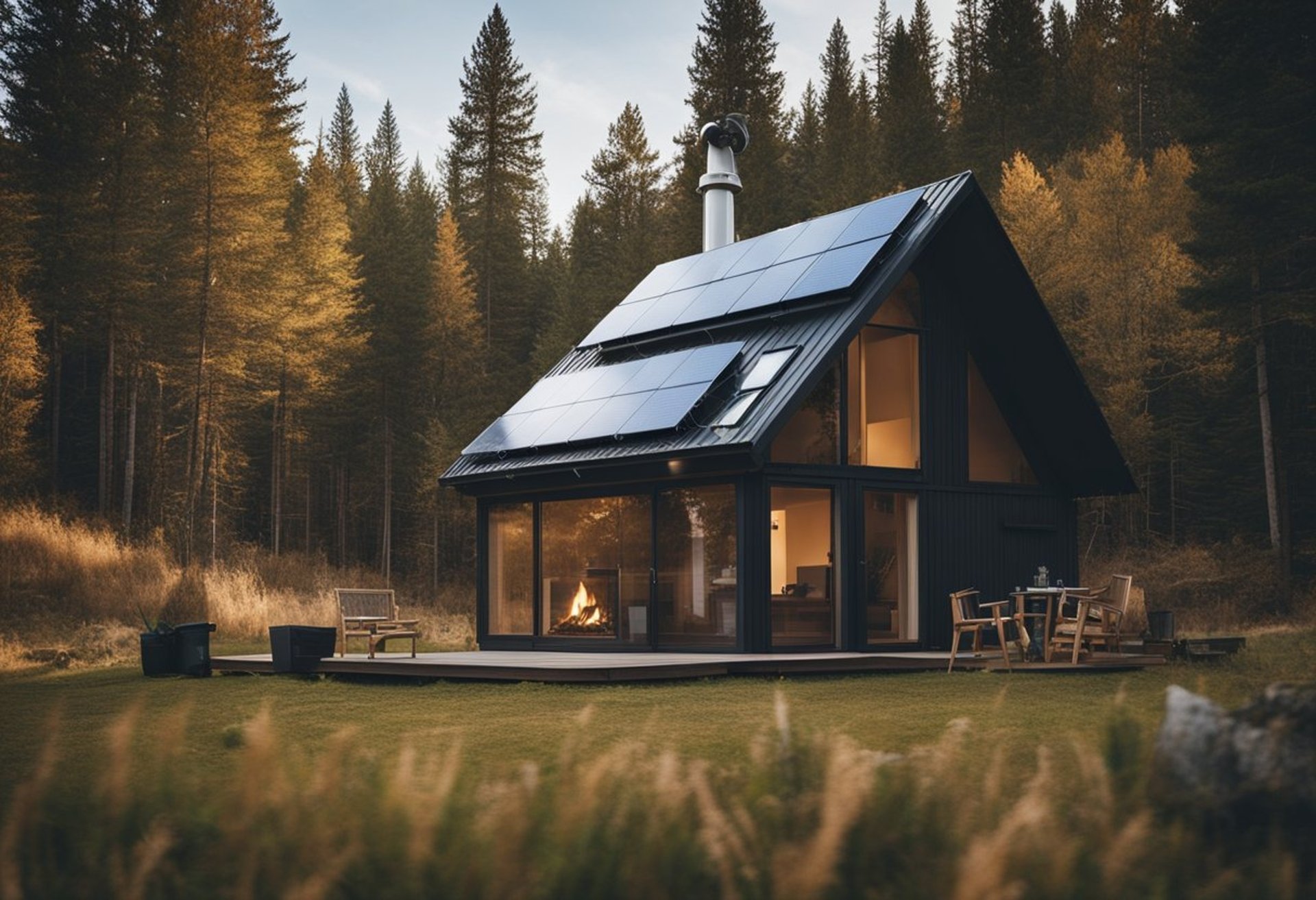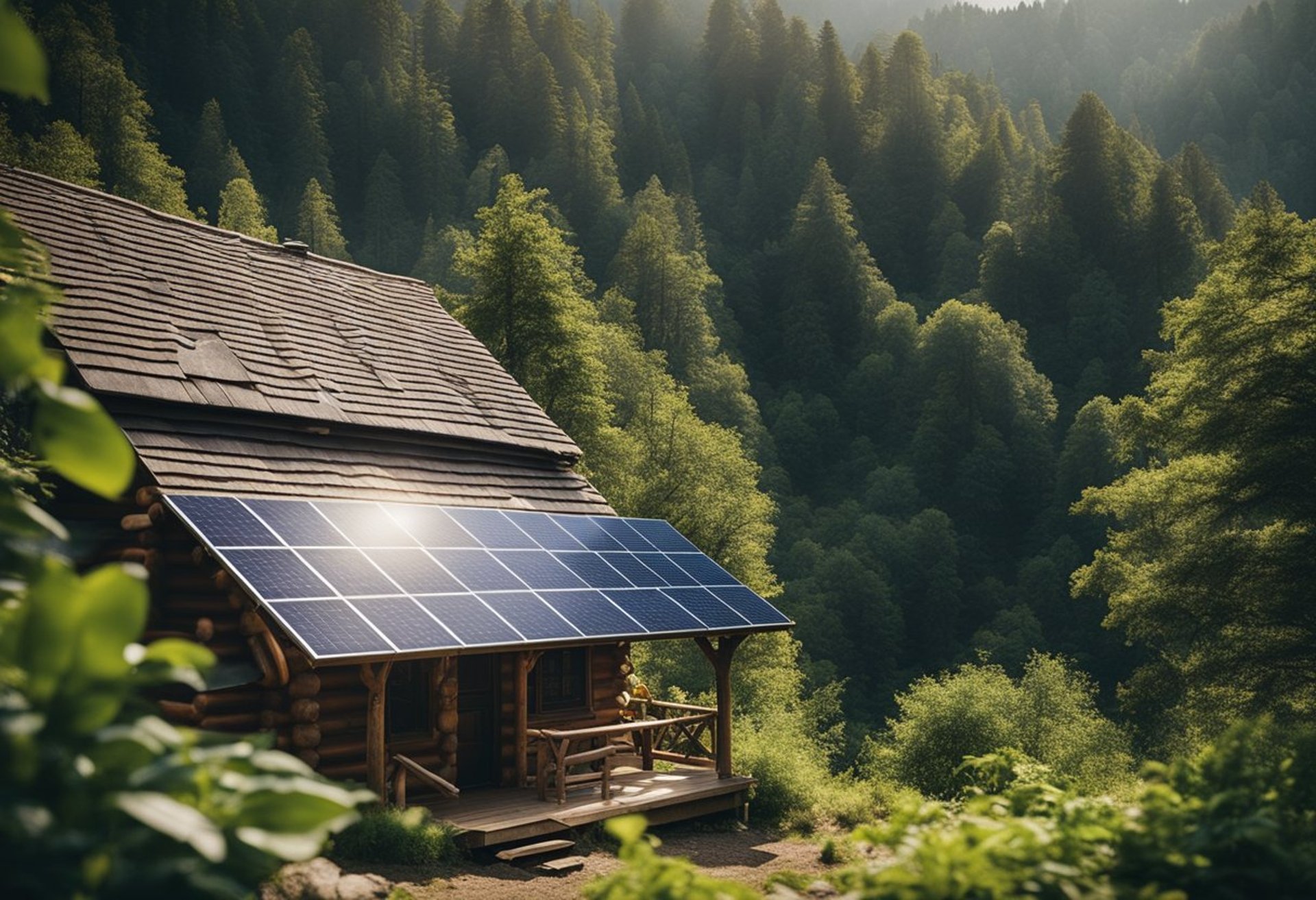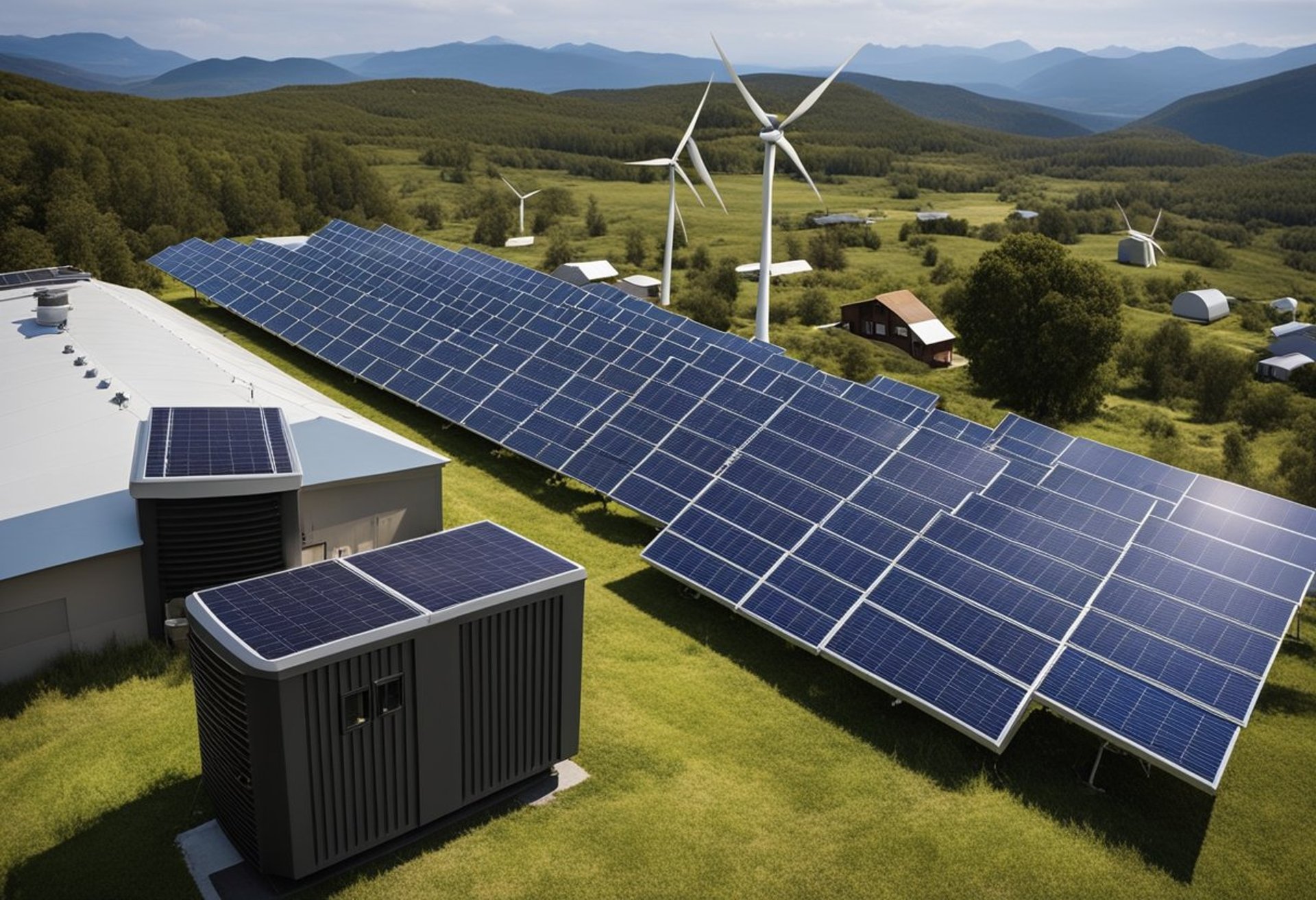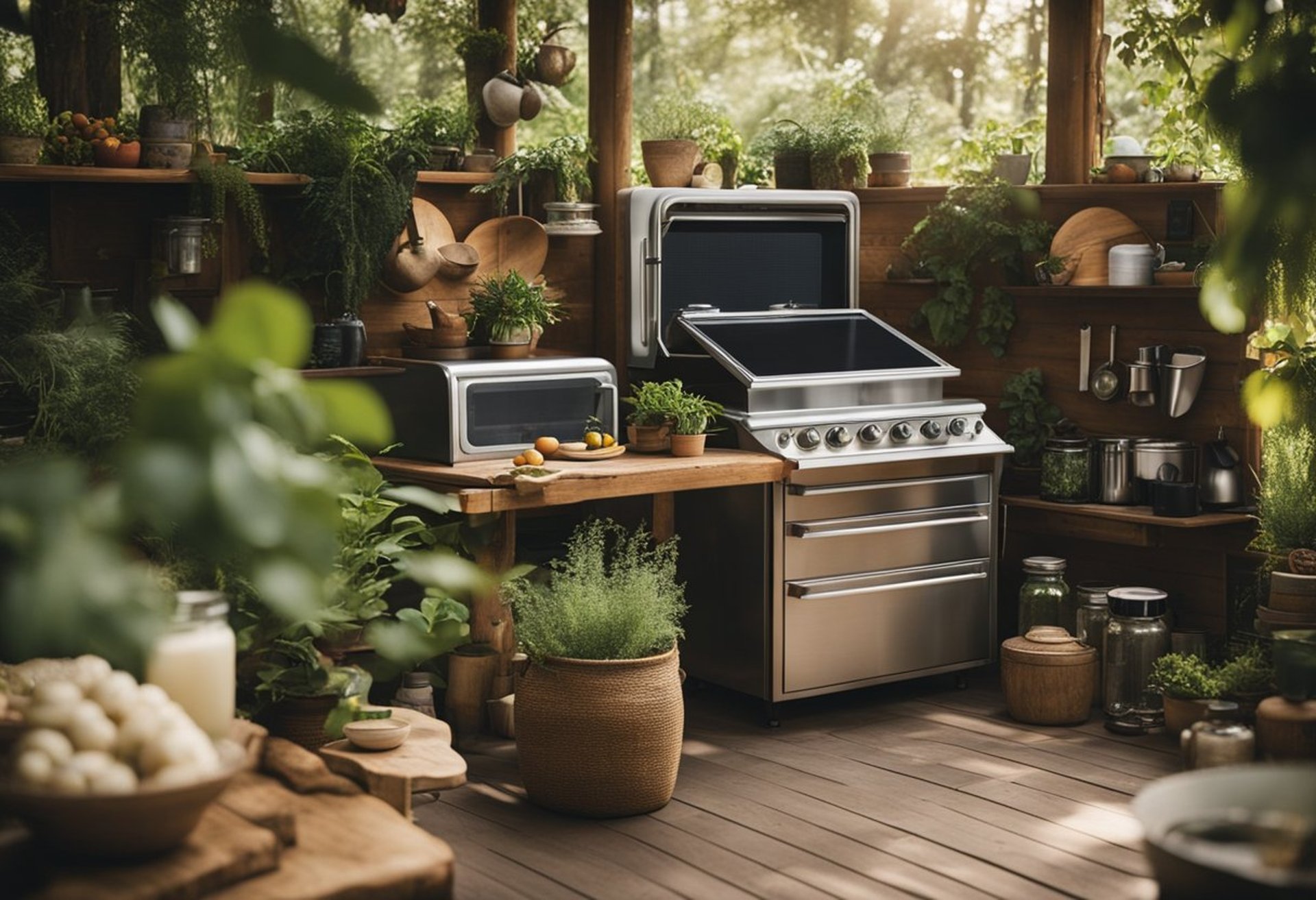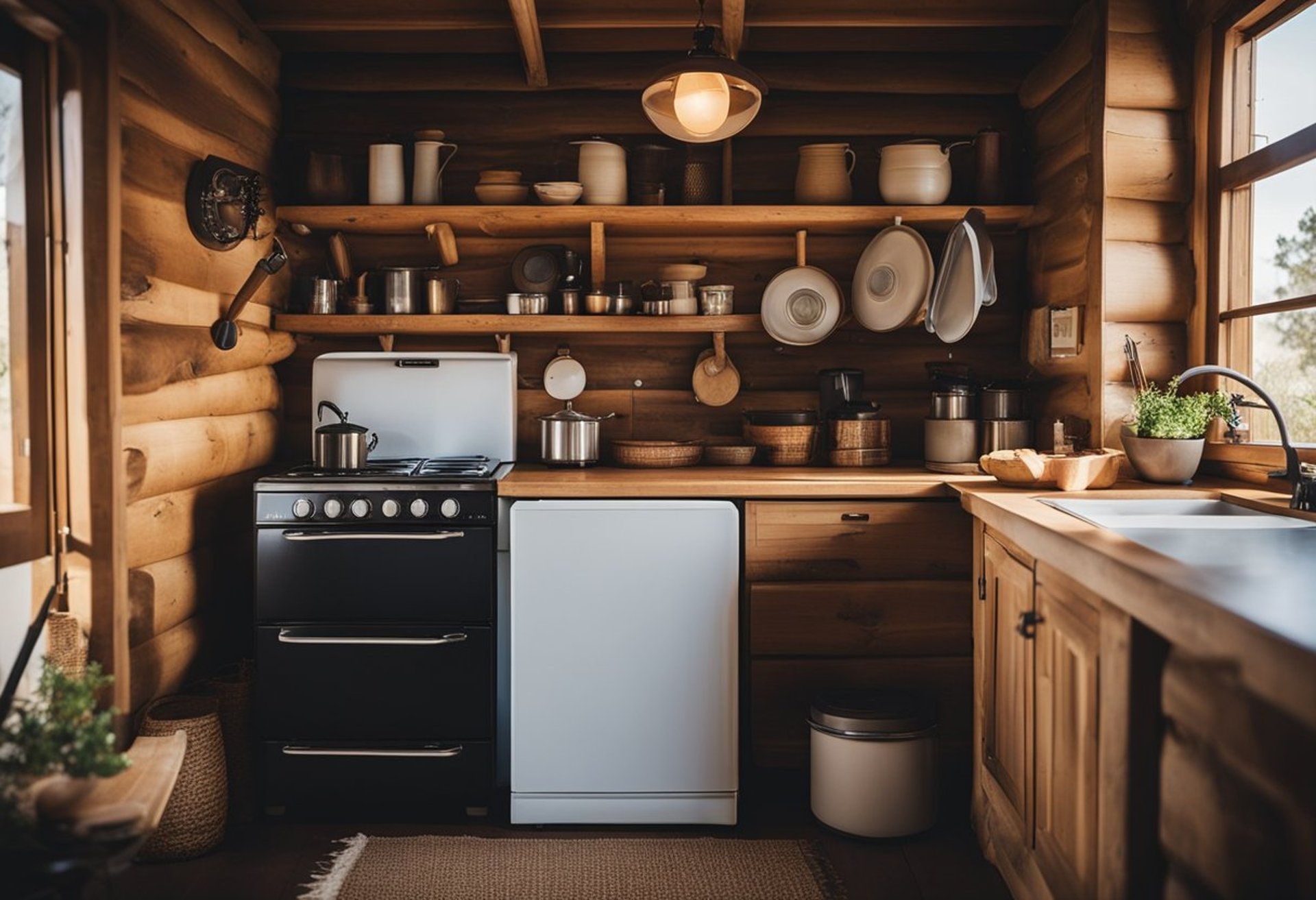9 Things to Know About Off-Grid Living Appliances
Embracing off-grid living can be an exhilarating journey toward self-sufficiency, sustainability, and a deeper connection with nature. If you’re considering making the leap, it’s important to equip yourself with the right knowledge and tools. Here are nine essential tips for beginners venturing into off-grid living.
9 Things to Know About Off-Grid Living Appliances
Transitioning to off-grid living is an exciting journey toward self-sufficiency and sustainability. One of the key components of this lifestyle involves understanding how to power and utilize appliances without relying on conventional energy sources. Here are nine essential things to know about off-grid living appliances.
1. Energy Efficiency is Key
When selecting appliances for off-grid living, energy efficiency should be your top priority. Look for appliances labeled with ENERGY STAR ratings, as they consume less electricity and can help maximize your limited energy resources. Consider using smaller appliances that require less power, such as compact refrigerators or low-wattage microwaves.
2. Solar Power Compatibility
Most off-grid homes utilize solar energy, so ensure your appliances are compatible with your solar power system. Choose DC-powered appliances whenever possible, as they can connect directly to your solar batteries without the need for inverters. This minimizes energy loss and enhances overall efficiency.
3. Alternative Cooking Methods
Traditional electric stoves can be energy hogs. Explore alternative cooking methods like propane stoves, solar cookers, or wood-burning ovens. These options can significantly reduce your energy consumption while providing delicious meals. Plus, cooking outdoors with a solar oven can be a fun experience!
4. Battery Storage Considerations
Understanding battery storage systems is crucial for managing energy use effectively. Select high-quality deep-cycle batteries that can withstand regular charging and discharging cycles. Ensure your appliances fit within the limits of your battery capacity to avoid draining them too quickly, which can lead to shorter battery life.
5. Water Heating Solutions
Heating water in an off-grid setup requires creativity. Consider solar water heaters or propane-powered on-demand water heaters. These options can provide hot water without consuming large amounts of energy. For maximum efficiency, insulate your water storage tank to retain heat.
6. Sustainable Refrigeration Options
Refrigeration is a significant concern for off-grid living. Look into propane refrigerators, which are energy-efficient and don’t require electricity. Alternatively, consider icebox designs that use passive cooling methods. Some off-grid homes also use chest freezers in a deep-cycle setup, allowing for lower energy use when properly managed.
7. Laundry Solutions
Conventional washing machines can be energy-intensive, making laundry a challenge off the grid. Consider hand-cranked washing machines or portable models that consume less electricity. For drying, a clothesline is an excellent sustainable solution, using the sun and wind to dry clothes naturally.
8. Lighting Choices
Lighting can consume a significant portion of your energy. Switch to LED lights, which are highly efficient and have a long lifespan. Solar-powered outdoor lights can illuminate your property without drawing from your energy reserves, providing safety and ambiance without additional costs.
9. Smart Technology and Monitoring
While you may be living off the grid, technology can still play a beneficial role. Smart energy monitoring systems can help you track energy consumption and optimize your appliance use. These systems allow you to understand when to conserve energy, ensuring that you live sustainably without sacrificing comfort.
Conclusion
Choosing the right appliances is a crucial step in your off-grid living journey. By focusing on energy efficiency, compatibility with renewable energy sources, and sustainable practices, you can create a functional and comfortable living environment. Embracing these nine considerations will help you maximize your resources and enjoy a rewarding off-grid lifestyle.


